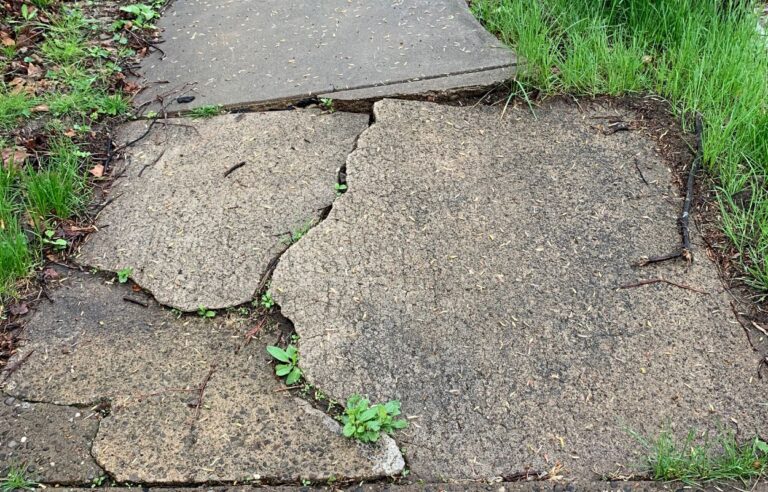
As sustainability becomes an increasingly vital aspect of the construction industry, innovative practices are emerging to minimize environmental impact. One such practice is selective demolition, which focuses on the careful dismantling and removal of building components for reuse or recycling. In this blog post, we will explore the environmental benefits of selective demolition services and how they contribute to sustainable construction. By implementing selective demolition techniques, construction companies can significantly reduce waste, conserve resources, and promote a greener future.
MINIMIZING WASTE THROUGH SELECTIVE DEMOLITION
Selective demolition plays a crucial role in waste reduction by enabling the salvage and reuse of materials. Rather than demolishing entire structures and sending everything to landfills, skilled professionals carefully dismantle buildings, separating reusable elements such as doors, windows, fixtures, and architectural features. These salvaged materials can then be repurposed in new construction projects, reducing the need for new resource extraction and minimizing waste generation.
ENERGY AND RESOURCE CONSERVATION
Selective demolition services contribute to energy and resource conservation in several ways. By salvaging materials, construction companies can significantly reduce the demand for new production, saving energy and raw materials. Additionally, selectively demolishing specific areas or components of a building instead of the entire structure reduces the overall energy required for demolition, transportation, and disposal, resulting in a smaller carbon footprint. By prioritizing selective demolition, sustainable construction aims to make the most efficient use of available resources.
IMPROVED INDOOR AIR QUALITY
In addition to its environmental benefits, selective demolition also positively impacts indoor air quality during construction projects. Older buildings may contain hazardous materials like asbestos or lead-based paint. Through selective demolition, these materials can be safely identified and removed, preventing their release into the air during demolition and ensuring a healthier environment for workers and future occupants. Selective demolition services prioritize the protection of human health by adhering to rigorous safety standards and protocols.
PROMOTING SUSTAINABLE RENOVATION
Selective demolition is particularly valuable in renovation projects, where the goal is to upgrade an existing structure while minimizing waste and environmental impact. By selectively removing outdated or inefficient components, such as inefficient insulation or energy-intensive systems, sustainable renovation becomes more attainable. Selective demolition allows for the integration of energy-efficient materials, technologies, and systems, fostering a sustainable approach to building refurbishment.
HIRING A REPUTABLE SELECTIVE DEMOLITION COMPANY
To ensure the success of a selective demolition project, it is essential to hire a reputable company experienced in sustainable construction practices. Look for a company that emphasizes environmental responsibility and possesses the necessary expertise to handle the complexities of selective demolition. A professional company will have a well-established network for material reuse and recycling, ensuring that salvaged materials find their way to the appropriate channels. Thoroughly researching and choosing the right selective demolition service provider will guarantee the optimal environmental outcomes of your construction project.
Selective demolition services play a crucial role in sustainable construction by minimizing waste, conserving resources, improving indoor air quality, and promoting sustainable renovation. By carefully dismantling buildings and salvaging reusable materials, construction companies can significantly reduce their environmental impact and contribute to a greener future. By prioritizing selective demolition and hiring reputable companies, we can make sustainable construction practices a standard in the industry, driving positive change and preserving our planet for future generations.





